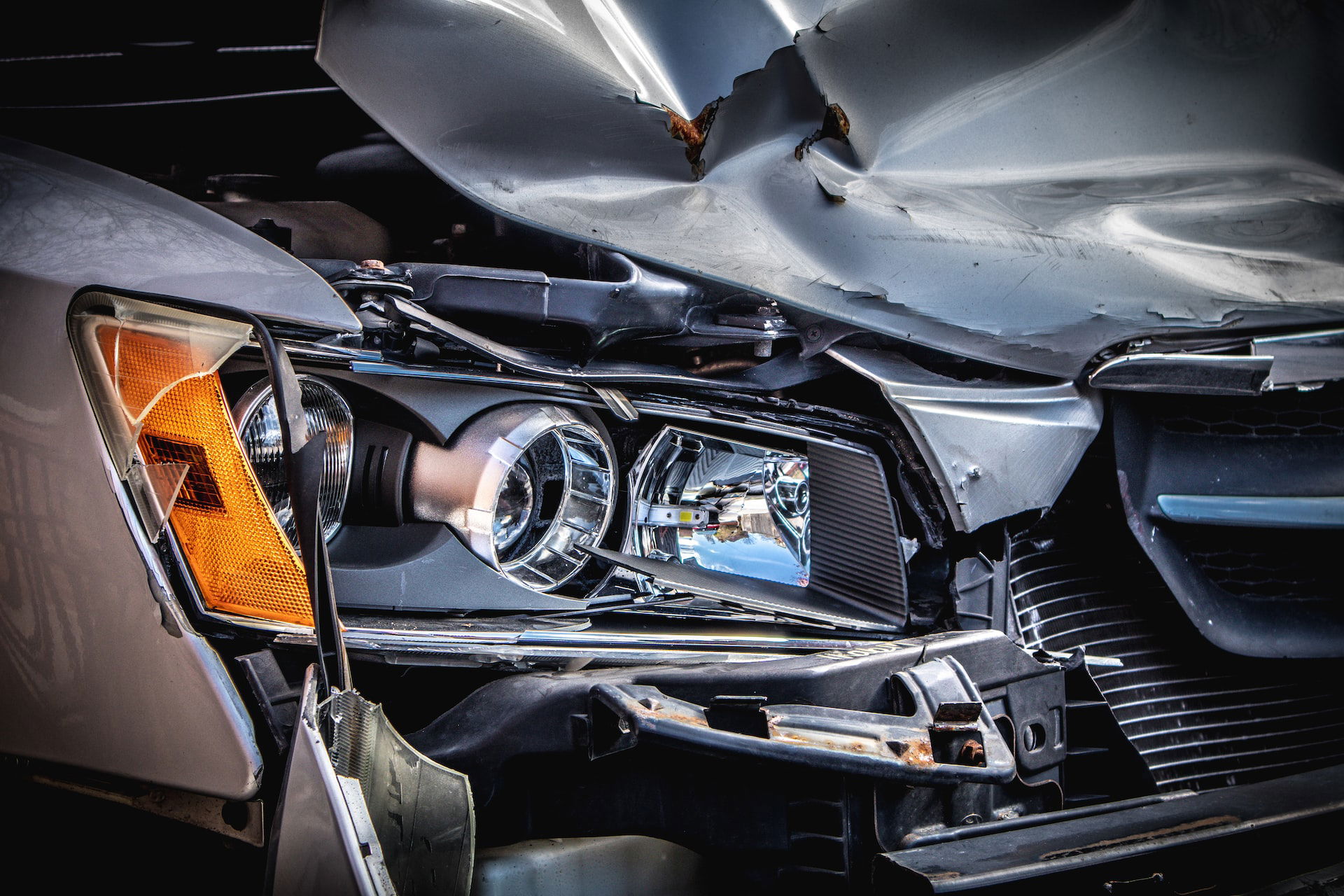All About Depositions in a Car Accident Lawsuit in Pennsylvania
Pennsylvania car accidents can be frightening and disorienting. What happens next? What about my medical bills? Can I file a lawsuit? Should I hire an attorney? What's involved in a lawsuit? If a claim has been filed with the insurance company and a claim cannot be resolved in a settlement, an attorney files a lawsuit. This is called litigation and part of that process is a phase referred to as depositions.
One of the first things to do after a Pennsylvania car accident is to connect with an experienced attorney at MP2 Placidi & Parini. We can walk you through what happens when you decide to file a lawsuit and explain what each component of a lawsuit is, so you know in advance. For instance, you have likely heard of a “deposition,” and while it sounds like a scary document, it is not a trial and the information contained in it reveals points that may either weaken or strengthen a case.
There are instances where depositions may be confrontational, depending on what points are being covered, or disputed in relation to an accident, but that is what we are here for – to help you deal with the stress of handling a deposition. We clearly understand that your personal injury claim process involved difficult decisions that may affect the amount of compensation you are able to recover. You may need to decide whether to proceed to trial or would benefit more from settling your claim. MP2 Placidi & Parini are here to help you.
To be successful in a car accident lawsuit, it must be shown that the other party acted negligently or intentionally, that those actions caused the collision and your injuries. There may be more than one person negligent, such as the other driver, you, the vehicle manufacturer, equipment malfunction, or improper vehicle maintenance.
You may be in a situation where the local government neglected to maintain the road where the crash happened, or a traffic signal malfunction caused the collision. The government may be responsible for resulting damages. Government cases are handled differently, and we can explain the differences if you have been involved in a crash with a government vehicle.
There are often significant damages involved in a car accident, to the car itself and to the driver and passenger(s). Those injuries may be minor to life threatening. Injuries can involve medical expenses, loss of income, property damage, stress (emotional and physical), loss of enjoyment, and in some instances, depending on the details of your case, you may recover punitive damages. These damages are meant to punish a defendant for their behavior in causing the accident in the first place.
The Deposition - getting ready to file an accident claim
Part and parcel of preparing to take a car accident case to trial usually involves two other steps, discovery and depositions. Discovery is the process where the parties gather evidence to build their cases. This can take a long time. Always stay calm under pressure, as anything you say and do can be used against you later and always supply your own attorney with copies of your medical records so there are no surprises during the deposition. Opposing counsel may ask about your past, including any criminal history, up to 10 years.
Depositions are documents that provide sworn, oral testimony for parties to the lawsuit and/or witnesses. Depositions do “not” happen before a judge or in court and the person being “deposed” is the one being asked questions. In most cases, the party being deposed, the person's lawyer (if they have hired one), the attorney for the opposing party (other driver) and a court reporter are in the room. If there are any other interested parties in the car accident case, they and their attorney of record are also entitled to be present for the deposition.
A deposition is then carried out by the attorney for the “opposing” party – that is, the defendant. The plaintiff's attorney (the deposed party's legal counsel), is able to object to various questioned asked, should that become necessary. Each side of a case has the right to take depositions of the person filing the claim. If the opposing attorney is deposing the plaintiff, the attorney is attempting to find out more about the plaintiff's role in the crash. Always tell the absolute truth, as you are being asked to answer questions under sworn oath, or run the risk of being charged with perjury if you do not. The deposition can be audio recorded or videotaped.
Many depositions are mostly a fact gathering process, but, depending on the issues being raised in a deposition, things may heat up. A deposition follows the procedural requirements of the state the plaintiff lives in, and in Pennsylvania, the process proceeds according to Pennsylvania procedural requirements.
When the deposition is done, the court reporter issues a transcript for review by both parties and their legal representatives. This is the time to point out any omissions or errors, as the document may be referred to later in a court. One of the main benefits of depositions is that it preserves witness testimony while it is still clear in their minds.
What you may be asked during a Pennsylvania car accident deposition
Some examples of the questions you may be asked during a Pennsylvania car accident deposition include, but are not limited to:
- Family history
- Job history
- Name, age, address
- Have you been injured at work?
- Medical history for the last ten years
- Do you have a criminal history?
- Claims history
- Litigation history
- Describing the accident
- Medical injuries after the accident
- How did your life change after the accident?
After the deposition process, there may be a call for a settlement conference to attempt to resolve matters prior to taking a case to court. However, if that is not possible, the case may end up in court.
At MP2 Placidi & Parini, we have decades of experience handling all kinds of car accidents claims. Your first consultation is free and we discuss how your case could proceed and the possible outcome. We're here to answer your questions. You are a name and not a number. Call us today to see how we may be of service to you in handling your Pennsylvania car accident.




